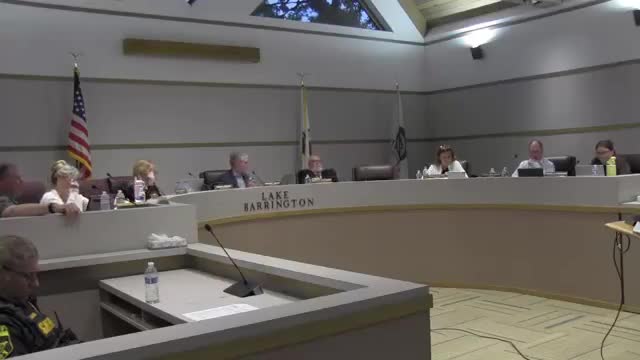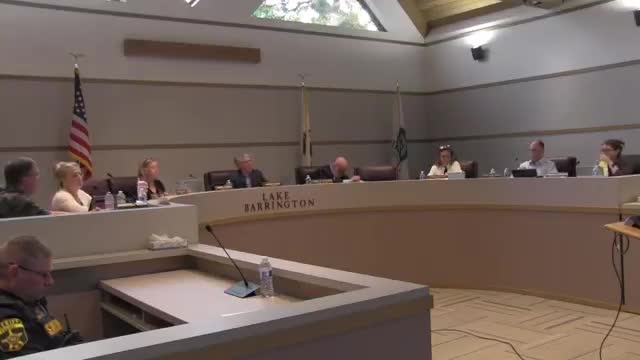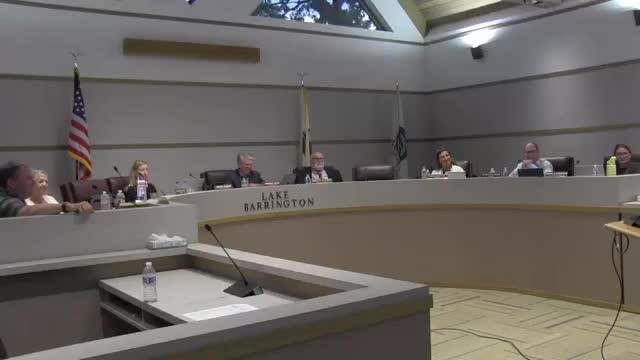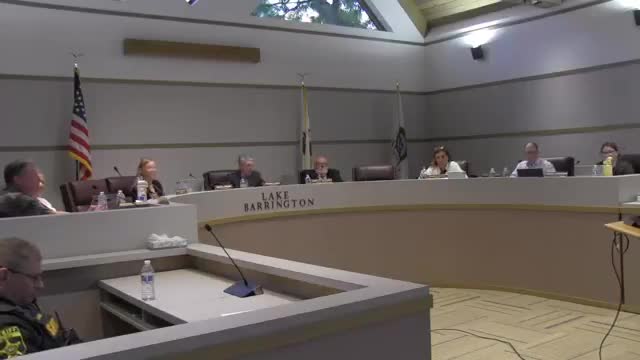Article not found
This article is no longer available. But don't worry—we've gathered other articles that discuss the same topic.

Village finance report: revenues up, permit activity shifts; trustees asked to approve consent items including furniture purchase

Resident presents courtesy variance request to place shed in front-side lot; board treated as nonbinding review

Local beekeepers present plan for retail shop and education space; trustees flag construction permitting as next step

